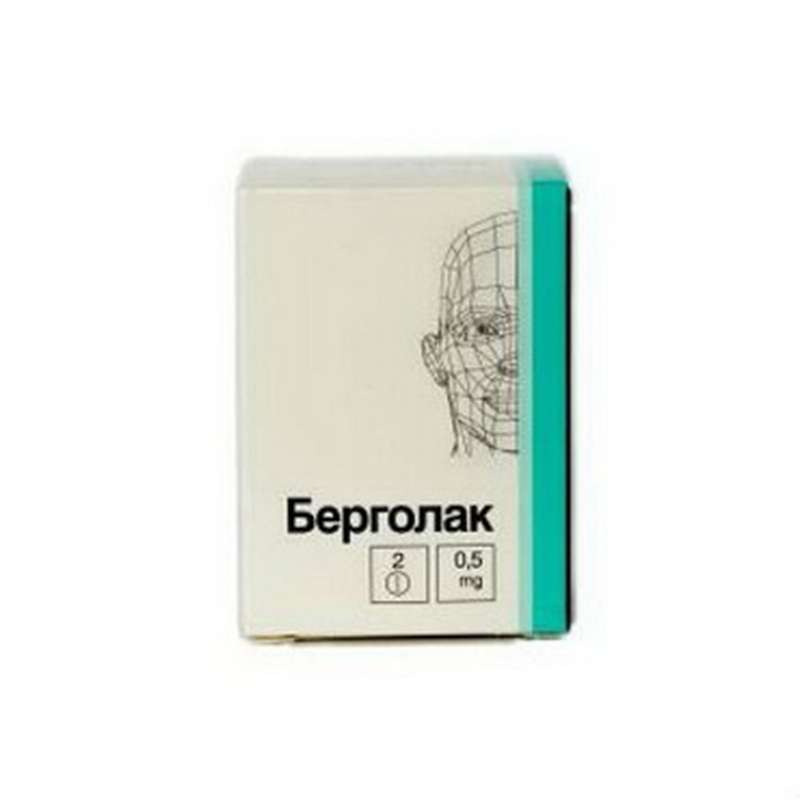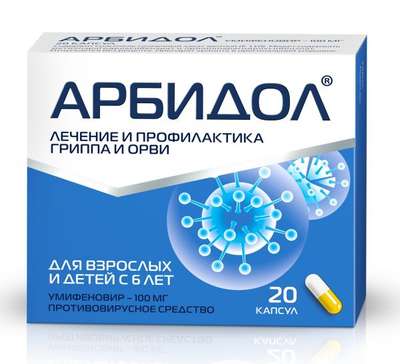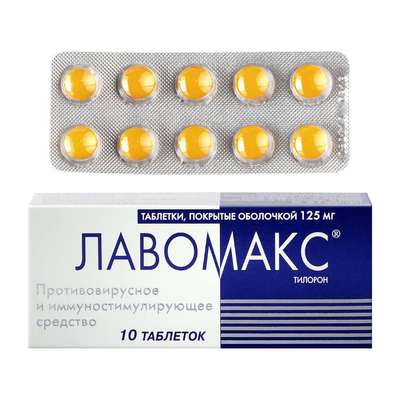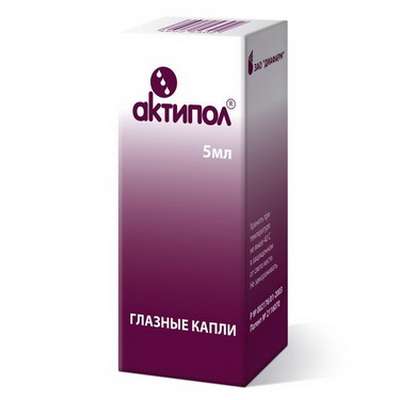Doctor Doping Shop
Bergolak 0.5mg 2 pills
USD 25.00
In stock
Be the first to review this item
Bergolak - the dopamine receptor agonist, the ergoline derivative, inhibits the secretion of prolactin. Stimulates dopamine D2 receptors of lactotrophic cells of the pituitary gland; in high doses has a central dopaminergic effect. Reduces the concentration of prolactin in the blood, restores the menstrual cycle and fertility. By reducing the concentration of prolactin in the blood, the women recover the pulsating secretion of the gonadotropins and release the luteinizing hormone in the middle of the cycle, eliminate the anovulatory cycles and increase the concentration of estrogens in the body, reduce the severity of hypoestrogenic (weight gain, fluid retention, osteoporosis) and hyperandrogenic (acne, hirsutism ) of symptoms.
In men, reduces the hyperprolactinemia-related decrease in libido, impotence (with a decrease in the concentration of prolactin increases the concentration of testosterone), gynecomastia, lactorrhea. The macroadenoma of the pituitary gland and the associated symptoms (headache, disturbance of the fields and visual acuity, functions of the cranial nerves and the anterior lobe of the pituitary gland) are reversed. Reduces the concentration of prolactin in patients with prolactinoma and pseudoprolactinoma (in the latter - without reducing the size of the pituitary adenoma). Reduction in the concentration of prolactin is observed 3 hours after administration and persists for 7-28 days in patients with hyperprolactinaemia and 14-21 days - with suppression of postpartum lactation. Reduction in the concentration of prolactin occurs within 2-4 weeks of treatment.
Indications:
- prevention of postpartum lactation;
- suppression of already established postpartum lactation;
- treatment of disorders associated with hyperprolactinemia, including amenorrhea, oligomenorrhoea, anovulation, galactorrhea;
- prolactin secretion adenomas of the pituitary gland (micro- and macro-prolactinomas);
- idiopathic hyperprolactinaemia;
- Syndrome of empty Turkish saddle in combination with hyperprolactinemia.
Contraindications
- age under 16 years (safety and efficacy in this category of patients not established);
- rare hereditary forms of galactose intolerance, congenital lactase deficiency lapp or impaired absorption of glucose-galactose (because the drug contains lactose);
- increased sensitivity to cabergoline or other components of the drug, as well as to any ergot alkaloids.
Caution should be given to the drug in the following conditions and / or diseases:
- arterial hypertension, developed against a background of pregnancy (eg, pre-eclampsia) and / or postpartum arterial hypertension;
- severe diseases of the cardiovascular system, Raynaud's syndrome;
- peptic ulcer, gastrointestinal bleeding;
- severe hepatic impairment;
- severe psychotic and cognitive impairment (including in the anamnesis);
- presence of fibrotic changes of the heart (valvulopathy) and the respiratory system (pleurisy / pleural fibrosis), incl. in the anamnesis;
- simultaneous reception with drugs that have hypotensive effect (due to the risk of developing orthostatic hypotension).
Suggested Use:
The drug is taken orally, with food.
To prevent lactation after childbirth - 1 mg once (2 tab.) On the first day after birth.
To suppress the steady lactation - 0.25 mg (1/2 tab.) 2 times / day every 12 hours for 2 days (total dose - 1 mg).
In order to reduce the risk of orthostatic hypotension in breast-feeding mothers, a single dose of Bergolak should not exceed 0.25 mg.
For the treatment of violations associated with hyperprolactinemia: the recommended initial dose is 0.5 mg per week in a single dose (1 tablet) or in 2 divided doses (for example, 1/2 tablets, for example, on Monday and Thursday). The increase in the weekly dose should be carried out gradually - by 0.5 mg with a monthly interval until the optimal therapeutic effect is achieved. The therapeutic dose is usually 1 mg per week, but can range from 0.25 to 2 mg per week.
The maximum dose for patients with hyperprolactinemia should not exceed 4.5 mg per week.
Depending on the tolerability, a weekly dose of Bergolak can be taken once or divided into 2 or more receptions per week. The division of the weekly dose into several doses is recommended when the drug is administered at a dose of more than 1 mg per week.
The likelihood of developing side effects can be reduced by starting therapy with a low-dose Bergolak drug (eg, 0.25 mg once a week), followed by a gradual increase until a therapeutic dose is reached. To improve the tolerability of the drug in the occurrence of severe side effects, it is possible to temporarily reduce the dose, followed by a more gradual increase (for example, an increase of 0.25 mg per week every 2 weeks).
Special instructions:
Before the appointment of cabergoline, a complete examination of the pituitary gland function is necessary.
With an increase in the dose of the drug, patients should be under the supervision of a physician in order to establish the lowest dose providing a therapeutic effect. During the period of treatment, it is recommended that the concentration of prolactin in the blood serum be determined regularly (once a month). Normalization of prolactin concentration is usually observed within 2-4 weeks of therapy with cabergoline.
After the withdrawal of cabergoline, a relapse of hyperprolactinemia is usually observed, but in some patients persistent decreases in prolactin concentrations persist for several months. In most women, ovulatory cycles persist for at least 6 months after the abolition of cabergoline.
Cabergoline restores ovulation and fertility in women with hyperprolactinemic hypogonadism. Since pregnancy can occur before the recovery of menstruation, it is recommended to carry out pregnancy tests at least once every 4 weeks during the amenorrhea period, and after the recovery of menstruation - every time there is a delay in menstruation for more than 3 days.
It is necessary to use barrier methods of contraception during treatment with cabergoline, as well as after discontinuation of the drug before the recurrence of anovulation. If the pregnancy occurred during treatment should consider the feasibility of drug discontinuation. Women who have become pregnant should be under the supervision of a doctor to promptly detect symptoms of an increase in the pituitary gland (during pregnancy, an increase in the size of pre-existing pituitary tumors may be possible).
After prolonged administration of cabergoline, pleural effusion / pleural fibrosis and valvulopathy were observed in patients, therefore, cabergoline should be used with caution in patients with current manifestations and / or clinical symptoms of cardiac dysfunction, incl. in the anamnesis.
Patients with hypertension that develops against the background of pregnancy (eg, pre-eclampsia) and / or postpartum arterial hypertension are prescribed cabergoline only when the potential benefit of using the drug is significantly greater than the possible risk.
The use of cabergoline causes drowsiness. In patients with Parkinson's disease, the use of dopamine receptor agonists can cause sudden falling asleep. In such cases, it is recommended to reduce the dose of cabergoline or discontinue therapy.
Studies on the use of cabergoline in elderly patients with disorders associated with hyperprolactinemia have not been conducted.
Impact on the ability to drive vehicles and manage mechanisms
During the period of treatment, it is recommended to refrain from driving vehicles and other activities that require an increased concentration of attention and speed of psychomotor reactions.
Overdose:
Symptoms: nausea, vomiting, abdominal pain, constipation, decreased blood pressure, orthostatic hypotension, headache, spasms of the calf muscles, severe asthenia, sweating, drowsiness, psychomotor agitation, psychosis, hallucinations.
Treatment: gastric lavage, control of blood pressure, administration of antagonists of dopamine receptors (derivatives of phenothiazine, butyrophenone, thioxanthene, metoclopramide).
Packaging:
- Comes in original packaging. Item is brand new and unopened.
Storage:
- Keep away from direct sunlight.
- Keep locked and away from children.
- Store in dry place at room temperature.
- Do not exceed storage temperature higher than 25 C
Important notice- the outer box design may vary before prior notice!

Related products


 Cart
Cart



